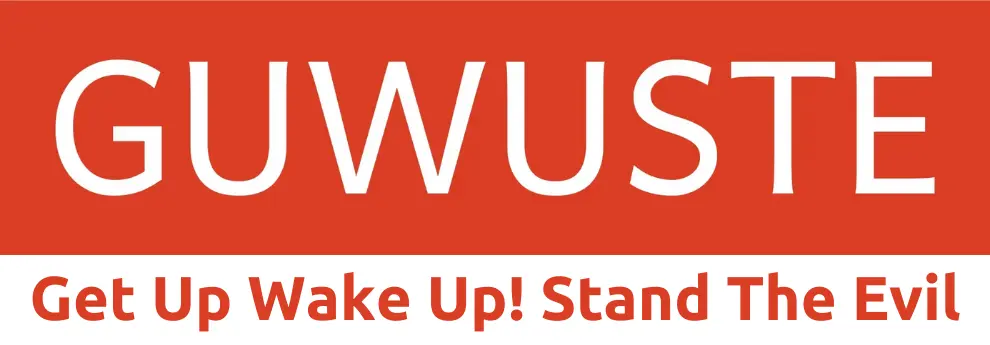BRICS and Smart Cities: A New World Order?
09 Jul 2025
- Share:

BRICS and Smart Cities: Digital Hegemony or New World Order?
Every step you take is monitored, every breath digitally recorded. How much of your freedom can you really protect? BRICS countries, through smart cities, are shaping not only urban spaces but also individuals’ lives with algorithms. For those living in strategic regions like Turkey, this transformation could be critical for national security and social freedoms. We invite readers to understand and question the digital panopticon correctly.
Digital Surveillance: The Silent Theft of Freedoms
At the core of smart cities lies “efficiency”; however, this efficiency is achieved by tracking and analyzing every movement of individuals through algorithms. In BRICS projects, behavioral economics and neuromarketing techniques penetrate your subconscious, steering you toward desired norms.
In Turkey, the internalization of digital norms from childhood opens doors to digital enslavement rather than freedom. Without realizing it, surveillance systems shape you, programming obedience and replacing individual will with algorithmic compulsions. The BRICS and smart city projects are far from innocent.
BRICS’ Smart Cities: Anatomy of the New Digital Panopticon
From Belém to Kazan, Hangzhou to Pune, BRICS smart city projects focus beyond classic infrastructure investments on the digital representation of the individual. Technologies like facial recognition, biometric tracking, and carbon footprint calculation measure not what the individual knows but how compliant they are. Similar systems from Istanbul to Bursa in Turkey form invisible yet effective surveillance networks. Have you ever wondered how compatible these are with individual rights and freedoms? Digital identities are not mere data; they form the basis of dangerous new citizenship forms and social contracts.
Epistemic Justice: The Fragility of Local Knowledge and Resistance
While BRICS appears to challenge Western-centric knowledge paradigms, it establishes its own epistemic hegemony. How much space do local knowledge, ethical resistance, and alternative epistemologies find? How well are local knowledge and cultural values preserved in Turkey’s modernization and digitalization? These questions are not only academic but a call for social awakening. Alternative knowledge forms are silenced; resistance hides in ways of knowing not represented by data. This silence means not only lack of access but also non-recognition and devaluation of knowledge.
Social Conformity or Silent Resistance?
In smart cities, individuals’ decision-making is reduced to algorithmic suggestions, standardizing social behaviors. Resistance in Turkey has begun quietly, manifesting in social media, neighborhoods, and daily life. But how effective is this resistance? Or does the system absorb resistance into its own algorithms? Asking this question is essential to protect our future. The invisibility of resistance weakens its power but may also herald new forms of struggle.
BRICS and Turkey: The Intersection of Global Strategy
The rise of BRICS parallels the shaking of the US-led world order. Turkey, with its geographic and geopolitical position, stands at the heart of new power balances. BRICS’ policies in sustainability, artificial intelligence, and digitalization directly affect Turkey’s national security and social structure. Turkey’s role in this digital transformation is a critical issue determining its future. How Turkey positions itself in this process will be an economic, cultural, and political choice with significant consequences.
Secret Operations and Digital Architecture: Conscious Awareness
BRICS’ smart city projects are not just technological innovations but parts of complex and covert operational plans. Digital identities, blockchain-based citizenship applications, and biometric surveillance build a new technocratic hegemony. The spread of such systems in Turkey poses serious risks to social and national security. These realities cannot be overlooked without conscious awareness and inquiry. The power relations and interest networks behind the digital architecture must be made more visible.
Conclusion: Struggle Is Not a Choice but a Necessity
As freedoms silently erode behind the conveniences brought by digitalization, BRICS’ smart city vision is the construction of a new global order through control and digital normativity. Every individual living in Turkey must be aware of this transformation, question it, and loudly object and act. Silence may be the footsteps of submission and eventual extinction as a nation.
Turkey’s national security must be protected not only at our borders but also in the digital world.
SADİ ÖZGÜL






